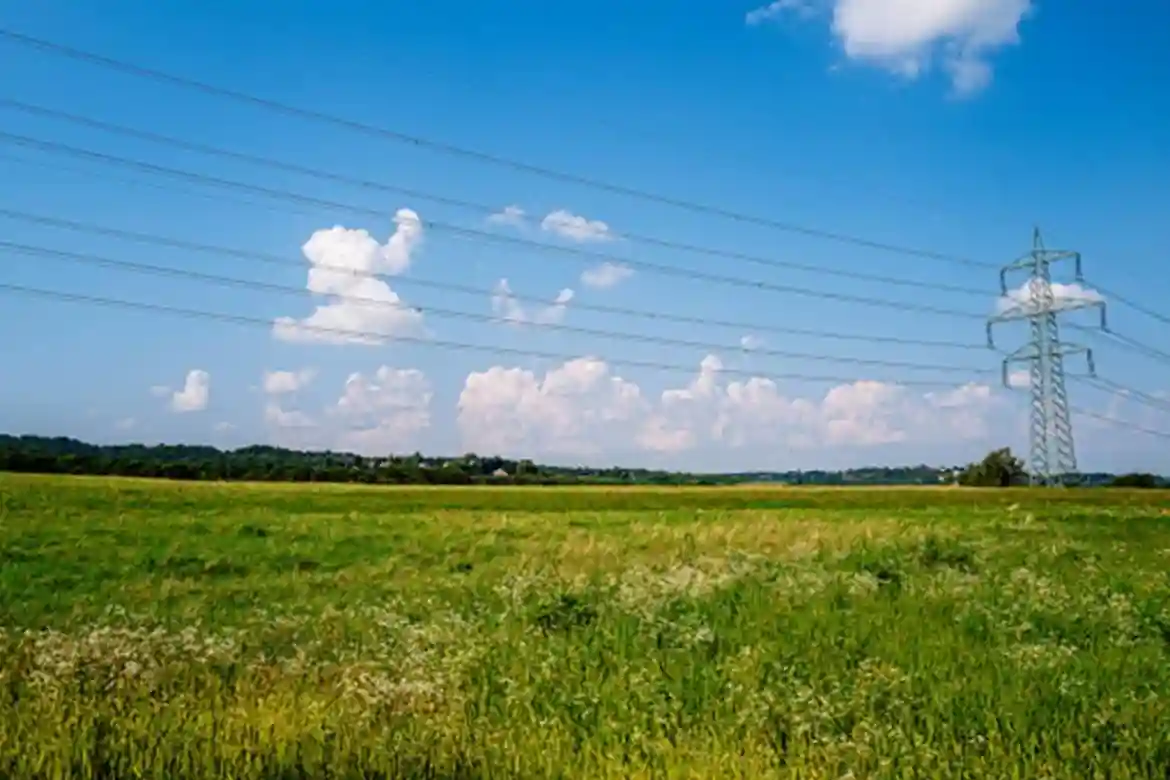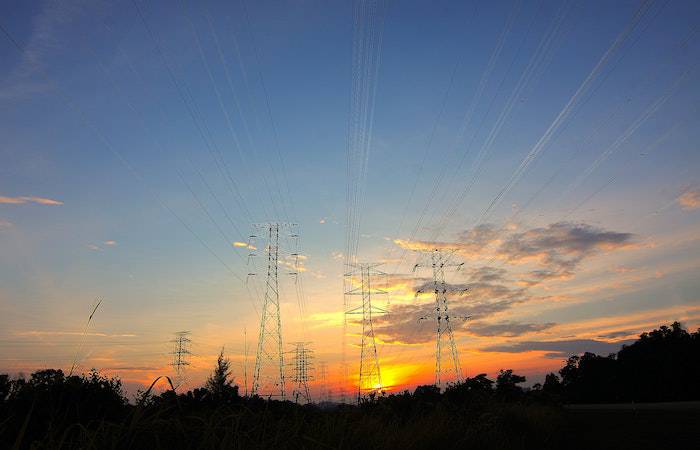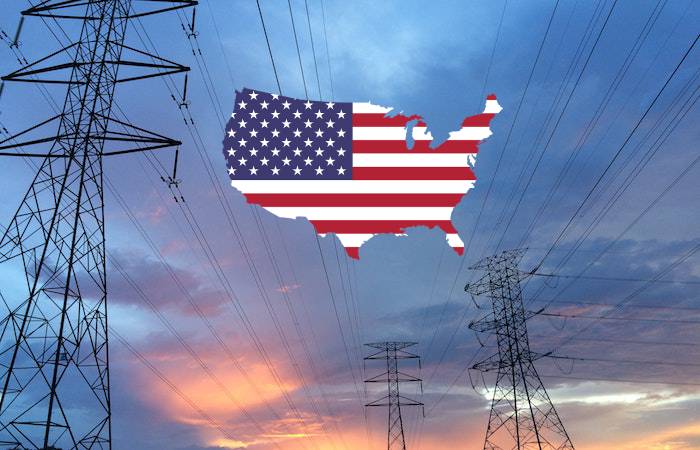Working With Remote Teams
Working With Remote Teams – Virtual work teams are not a fad; They are the future of both vast multinational companies and small businesses and SMEs.
The evolution towards this new paradigm is already a reality in many first world countries, such as the United States, where more than 10% of employees work from home regularly (National Bureau of Economic Research). Latin America is still transitioning and accepting the remote work model, but freelance work is gaining more ground every day.
According to a survey, only in countries like Colombia, teleworkers’ rate increased by 238% in the last four years. The following graph shows how Workana clients have drastically increased their hiring teams of freelancers from 2013 to date.
Free project management softwarefor freelancers includes task creation, task automation, and pre-made to-do lists. It’s specifically designed for marketing teams and integrates seamlessly with Marketing Hub. With this tool, you can keep track of tasks alongside your marketing projects — so that both are integrated and not managed on different tools.
Advantages and Disadvantages
Remote work is a tool that allows companies to stay competitive in an intensely globalized environment, but it carries its difficulties and areas of opportunity. Unfortunately, some companies choose to cling to traditional schemes that are less efficient but are already familiar with, rather than face and overcome the challenges of innovative and flexible work dynamics. Find out about 60000 a Year Is How Much an Hour
Despite the above, the inertia of remote work is such that even institutions of the stature of Harvard University, Stanford, and Management Research, to name just a few, are beginning to research and teach specialized courses to increase teams’ productivity. From a distance.
To carry out this article, we reviewed a series of papers on the subject and identified the difficulties that remote work teams face most frequently around the world, their causes, and how to solve them.
Before getting into the subject, we will quickly review some of the enormous advantages of hiring freelancers to grow your business, backed by serious, independent, and objective studies.
Advantages of remote work teams according to focused studies
In the opinion of Rebekka Bakken, CEO of her publishing marketing firm, a member of the Continuing Education division at Harvard and an enthusiast of remote work culture, virtual teams allow employees to have a healthier, freer, and more flexible balance between his work and his personal life. Likewise, they enable companies to build super-efficient teams focused on precise objectives without ties.
A study conducted by Stanford researcher and professor Nicholas Bloom, in conjunction with the Chinese company Ctrip, found that volunteers who began working from home throughout the nine-month experiment:
- They increased their productivity level by 13%
- The number of sick breaks decreased
- They reported working in a calmer environment
- More satisfied with the company
- Less dropped out from employment
In the end, and due to the success, Ctrip offered the entire company an opportunity to work from home. Almost half of the workforce opted for this modality, which represented an increase of nearly 22% of its profits.
Also read: Which Of The Following Statements Is Incorrect?























